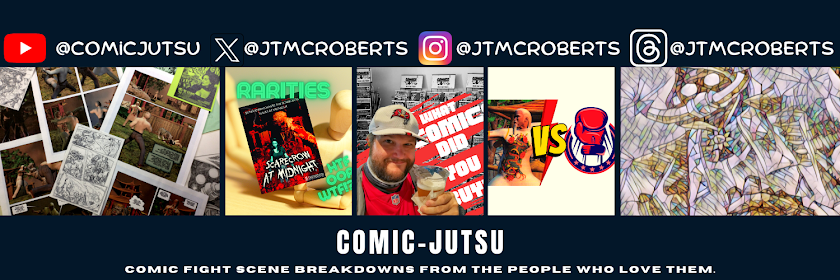Welcome to Superhero Spotlight wherein we take a look at a different superhero each episode. This week, we take a look at a little known storyline involving Prince Namor of Atlantis! We take a look at a story that spans several issues of The Amazing Spider-Man beginning with #211. Prince Namor was recently adapted to the silver screen in Wakanda Forever (2022).
Namor (/ˈneɪmɔːr/), also known as the Sub-Mariner, is a fictional character appearing in American comic books published by Marvel Comics. Debuting in early 1939, the character was created by writer-artist Bill Everett for comic book packager Funnies Inc. Initially created for the unreleased comic Motion Picture Funnies Weekly, the character first appeared publicly in Marvel Comics #1 (cover-dated Oct. 1939), which was the first comic book from Timely Comics, the 1930s–1940s predecessor of Marvel Comics. During that period, known to historians and fans as the Golden Age of Comic Books, the Sub-Mariner was one of Timely's top three characters, along with Captain America and the original Human Torch. Moreover, Namor has also been described as the first comic book antihero.
The mutant son of a human sea captain and a princess of the mythical undersea kingdom of Atlantis, Namor possesses the superstrength and aquatic abilities of the Homo mermanus race, as well as the mutant ability of flight, along with other superhuman powers. Through the years, he has been portrayed as an antihero, alternately as a good-natured but short-fused superhero or a hostile invader seeking vengeance for perceived wrongs that misguided surface-dwellers committed against his kingdom. The first known comic book antihero, the Sub-Mariner has remained a historically important and relatively popular Marvel character. He has served directly with the Avengers, the Fantastic Four, the Invaders, the Defenders, the X-Men and the Illuminati as well as serving as a foil to them on occasion.
Tenoch Huerta portrays Namor in his live-action debut in the Marvel Cinematic Universe film Black Panther: Wakanda Forever (2022).





